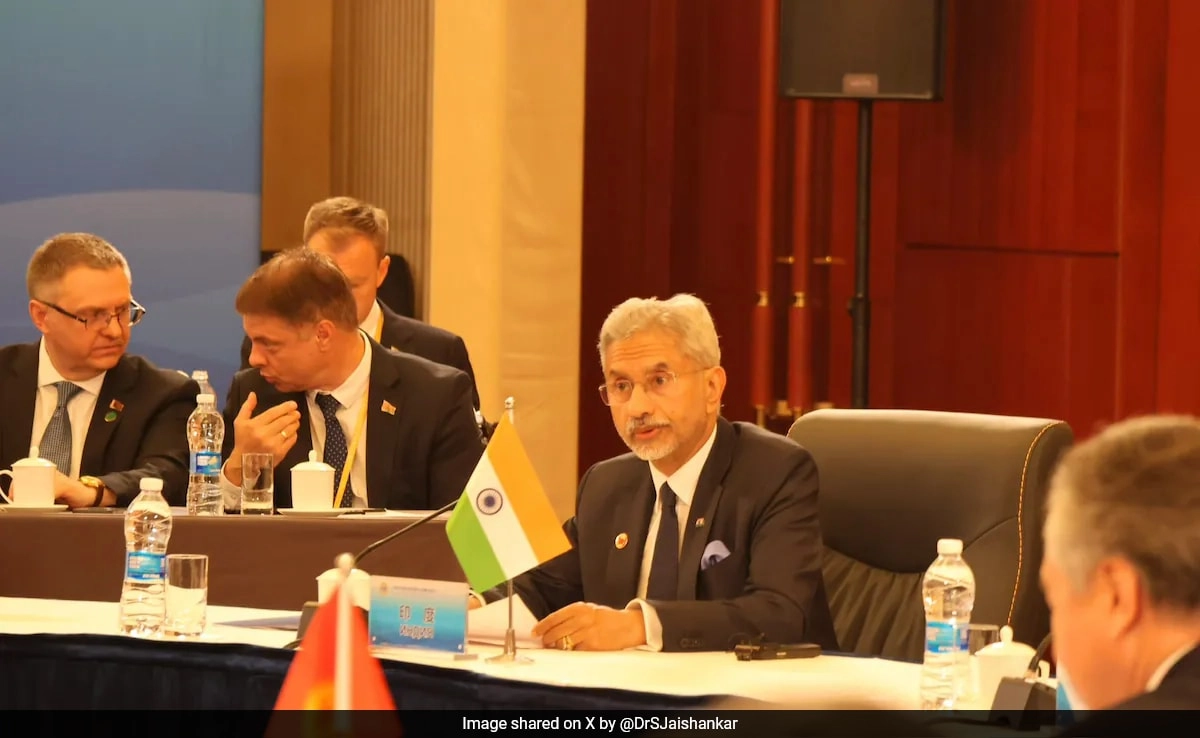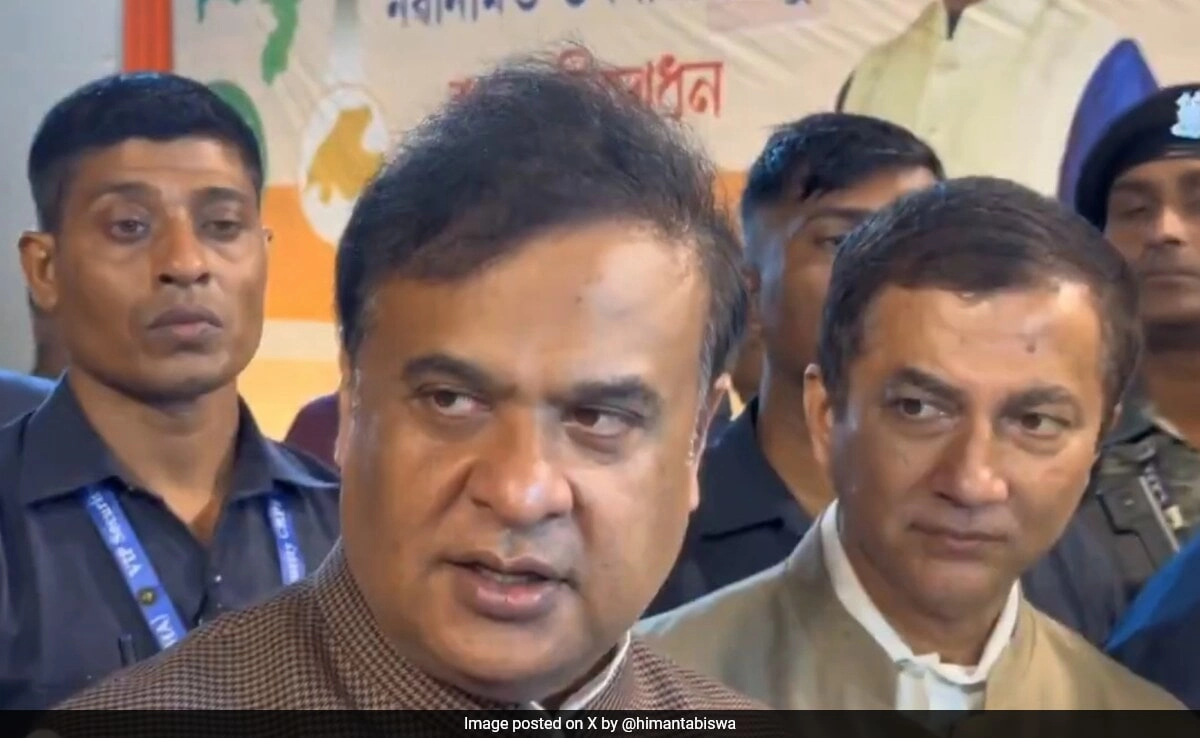During his recent visit to China, Indian External Affairs Minister S. Jaishankar delivered a poignant message regarding the ongoing threat of terrorism, highlighting the urgent need for international cooperation to combat this pervasive issue. This visit marked Jaishankar’s first to China in five years, a period during which relations between the two nations have been strained due to various geopolitical tensions. By addressing terrorism in this context, Jaishankar aimed to underscore the importance of collective action against a common adversary that transcends national boundaries.
Jaishankar’s remarks came at a time when both countries face significant challenges, not only in their bilateral relations but also in the broader regional security landscape. He emphasized that terrorism remains a critical global concern that requires a unified response from the international community. His message resonated with the reality that countries often grapple with the impact of terrorism in different forms, and a collaborative approach is essential in addressing the root causes and manifestations of this menace. By calling for a concerted effort against terrorism, Jaishankar sought to foster dialogue and understanding, emphasizing that security cooperation is vital for stability in the region.
Furthermore, Jaishankar’s visit was marked by discussions on various other issues, including economic ties and regional security dynamics. The Indian government has consistently maintained that terrorism must be addressed firmly and without ambiguity. By articulating this stance during his visit, Jaishankar not only reaffirmed India’s position on the global stage but also aimed to engage with China on a topic that has implications for both nations. The dialogue regarding terrorism serves as a critical entry point for broader discussions about trust, collaboration, and the need for both countries to work together despite their differences.
In conclusion, S. Jaishankar’s sharp message on terrorism during his first visit to China in five years highlights the complexities of international relations in a time marked by security challenges. His call for unity against terrorism reflects a growing recognition that such threats require a collaborative approach that transcends political differences. As India and China navigate their bilateral relationship, addressing common threats like terrorism could pave the way for more constructive engagement and ultimately contribute to regional stability and peace.




